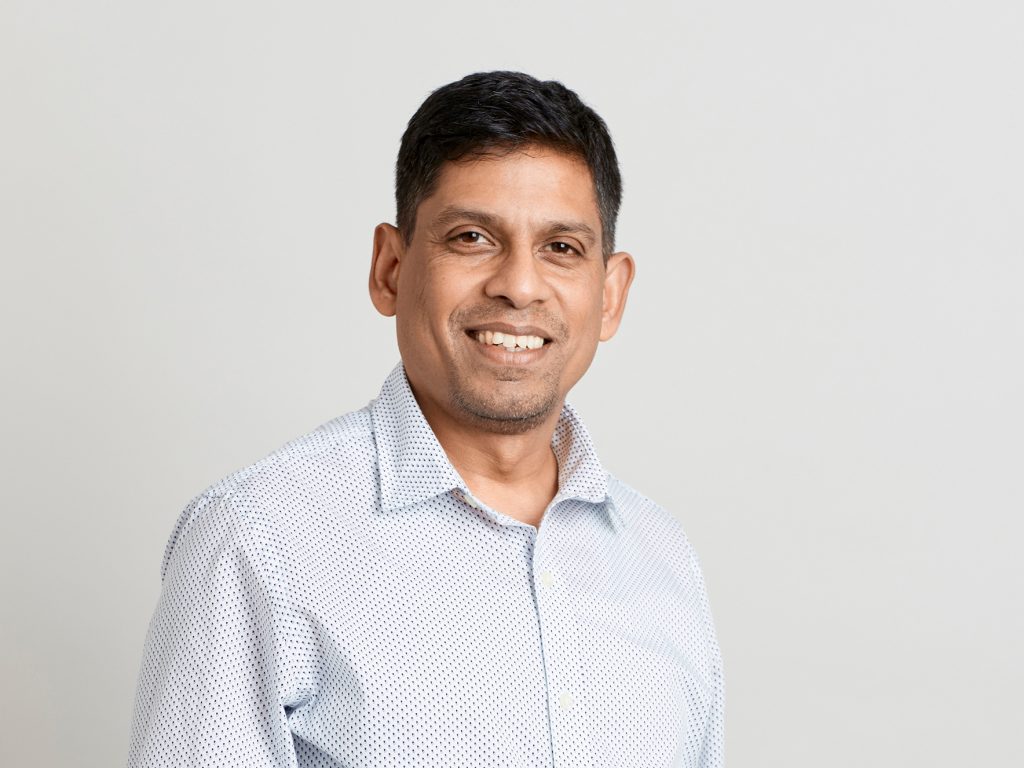The role of ikigai in post-pandemic leadership
Ikigai is a Japanese philosophy dating back to the eighth century. It translates as ‘a reason for being’ – it is what gets you out of bed in the morning. From this description alone, you’d be forgiven for putting it in the pile alongside Lagom, Hygge and Feng shui. It sounds… woolly.
However, as our businesses begin to find their new ‘normal’, I believe the roots of the concept will play a vital part in post-pandemic leadership when it comes to creating and implementing future strategy. If used soundly, the principles of ikigai can help organisations emerge from the pandemic more sustainable and resilient, with a clearer focus on purpose for people, planet and profit.
People
Ikigai revolves around four main tenets: what you love, what you’re good at, what the world needs, and what you can get paid for. If those qualities overlap, you’re on the road to happiness.
If you look at how this is rolled out in business, Google has done a great job. The tech giant gives employees 20% of their work week to develop their own ideas beyond the company. Preferably, that idea will be in some way relevant to their profession, but it’s time away from mandatory assignments, nonetheless.
That’s something to remember when deciding what’s best for your teams – ikigai is never forced. The most positive way to achieve something like Google has, no matter how big or small your version seems in comparison, is to talk to your people.
If possible, get a quantitative, definitive answer to certain questions through employee surveys. From there, it’s easier to identify meaningful action that impacts working lives, and then offer them the choice. Fewer than one in ten UK workers actually want to return to the office full-time post-pandemic, so that’s certainly a place to start a dialogue.
Planet
Ikigai is, in part, about subordinating one’s own desires to others. Doing good and giving the world what it needs – note the use of ‘need’, rather than ‘want’, here. That’s essential to research, and when you look at what people beyond your own four walls are thinking, it does fall into place.
Take ethical consumerism for example: since the pandemic started, three in five consumers reported making more ethical, sustainable or eco-friendly purchases. For categories like fast-moving consumer goods, these people are the ones buying – or not buying – your products. Corporate good is increasingly something that has to be demonstrated, rather than just stated.
For example, we’ve used research to help soft drinks brands enlist their customers to take part in clean-up campaigns, and worked with fast-food companies to phase out plastic toys from their kids’ menus.

Profit
As a profession, research has evolved to deliver not just data, but an actionable roadmap to drive action based on insights. If researchers are giving people the spreadsheet without interpreting the benefits, and working as a team to realise those benefits, no real value has been created.
Ikigai is described as ‘sources or objects that bring value or meaning to life’. Research that can be used and built on, even when the research consultancy is gone, will help people find that meaning when they’re all back in the office.
With Covid-19 restrictions still in place, business can’t run like it used to – for all the obvious reasons. Ikigai and its principles are one way of ensuring people, planet and profit all receive equal airtime on the path to navigate what is still an uncertain future.




